Volunteers needed to restore bay scallops, monitor shorebirds, collect fisheries date, and maintain butterfly gardens at the Florida Fish and Wildlife Conservation Commission all across Florida, USA.
The FWC protects and manages…
– More than 575 species of wildlife
– More than 200 native species of freshwater fish.
– More than 500 native species of saltwater fish.
…balancing these species’ needs with the needs of approximately 20 million residents and the millions of visitors who share the land and water with Florida’s wildlife.
The FWC is responsible for managing Florida’s fish and wildlife resources for their long-term well-being and the benefit of people. This often involves enacting and enforcing rules and regulations governing human activity in many areas – such as hunting and fishing, operating boats, possessing captive wildlife and dealing with nuisance animals.
Because rules are made, changed and repealed throughout the year, agency staff frequently interacts with affected individuals and the general public.
The FWC abides by Ch. 120, Florida Statutes, when making rules. In doing so, they notify the public of rulemaking activity through the Florida Administrative Weekly. Rulemaking often includes direct contact with those who may be affected, extensive discussions with stakeholder groups, and public meetings to gather input from interested parties.
Final decisions on rules usually happen at Commission meetings, held five times a year in locations throughout the state. They also provide public notice of various meetings through their website calendar.
With increasing pressures on Florida’s fish, wildlife, and habitats, they cannot accomplish their mission without your assistance. You can make a positive impact by assisting with activities such as habitat restoration, laboratory work, education and outreach, and many others. The FWC benefits from the skills and dedication of their volunteers, and in turn, they strive to offer a fulfilling, meaningful, and satisfying volunteer experience.
Charitable Travel can help you plan your next trip to Florida and can tailor your stay to allow time for you to get involved in this project, which you will need to arrange directly via the link below.


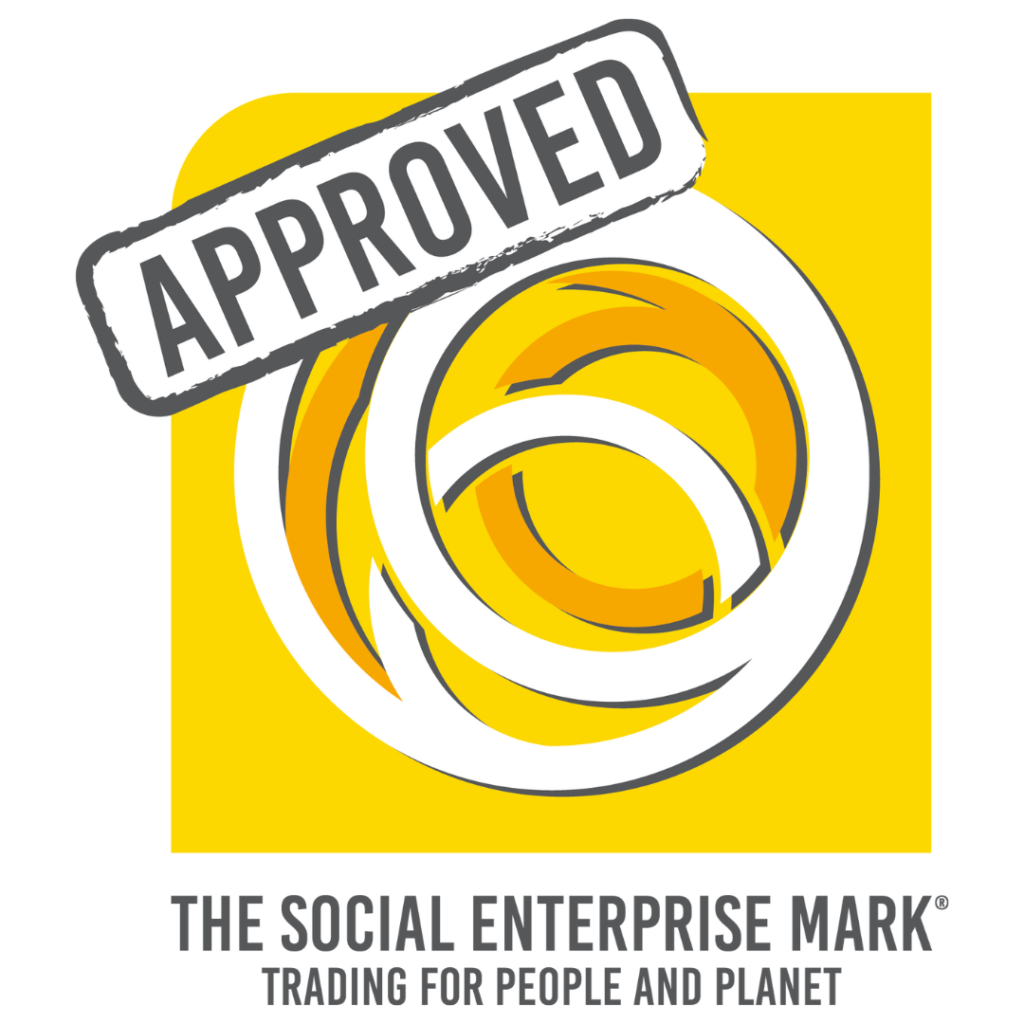
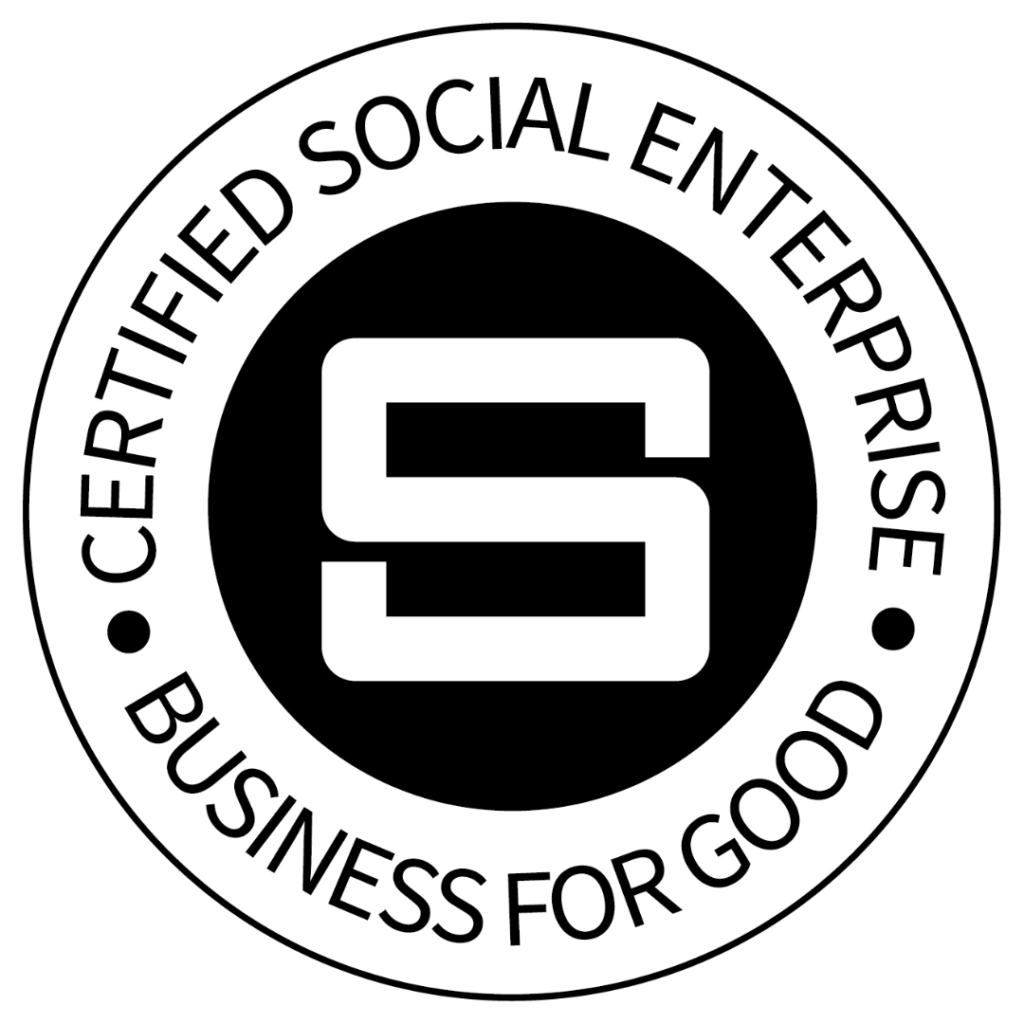


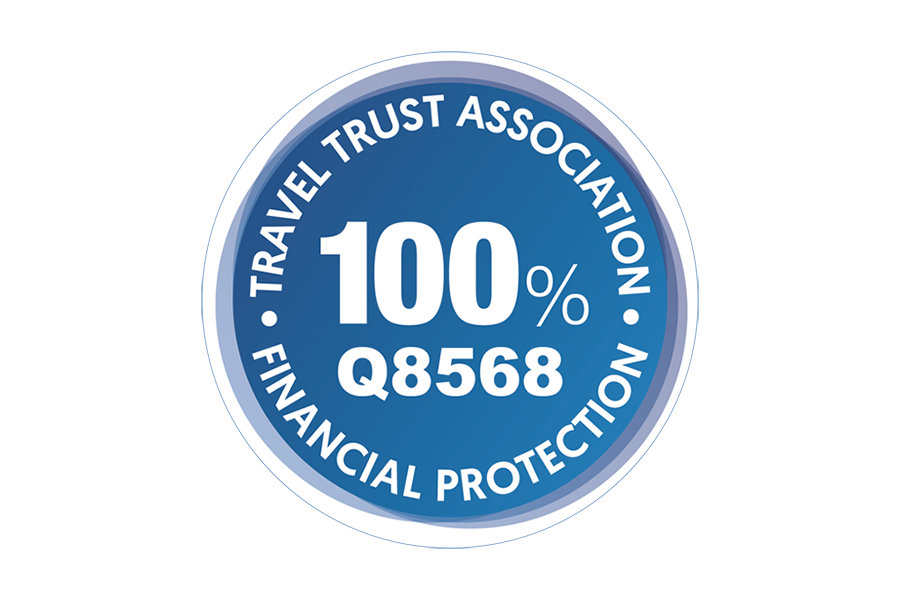
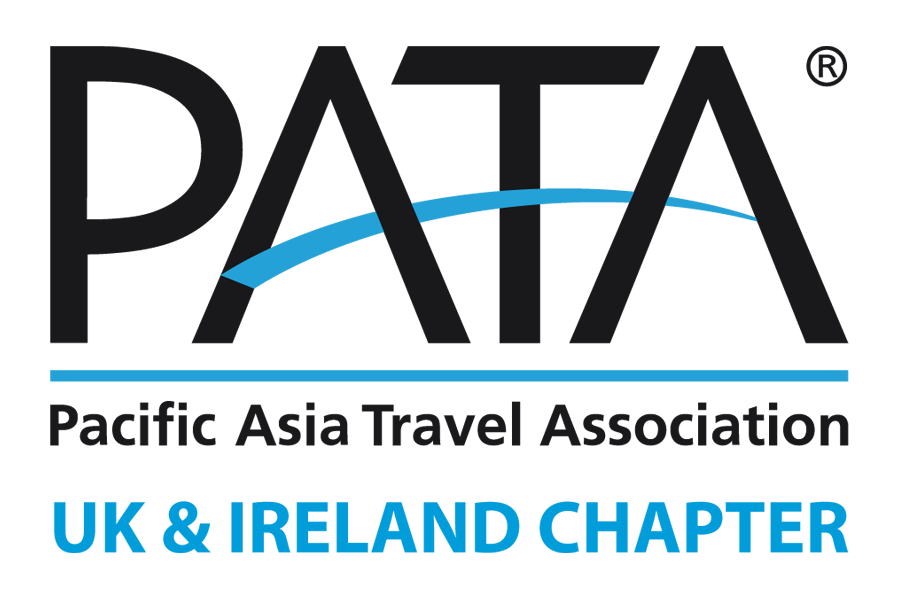
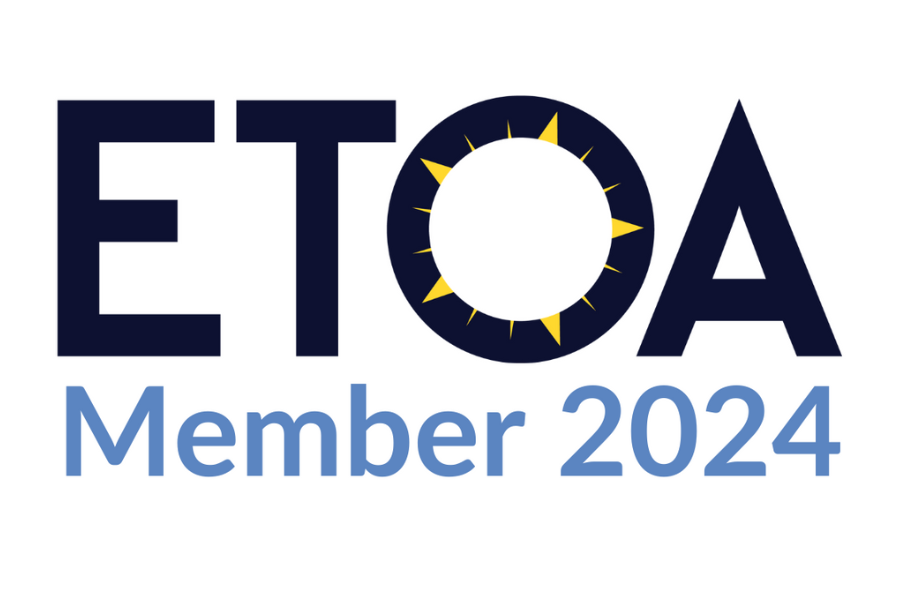
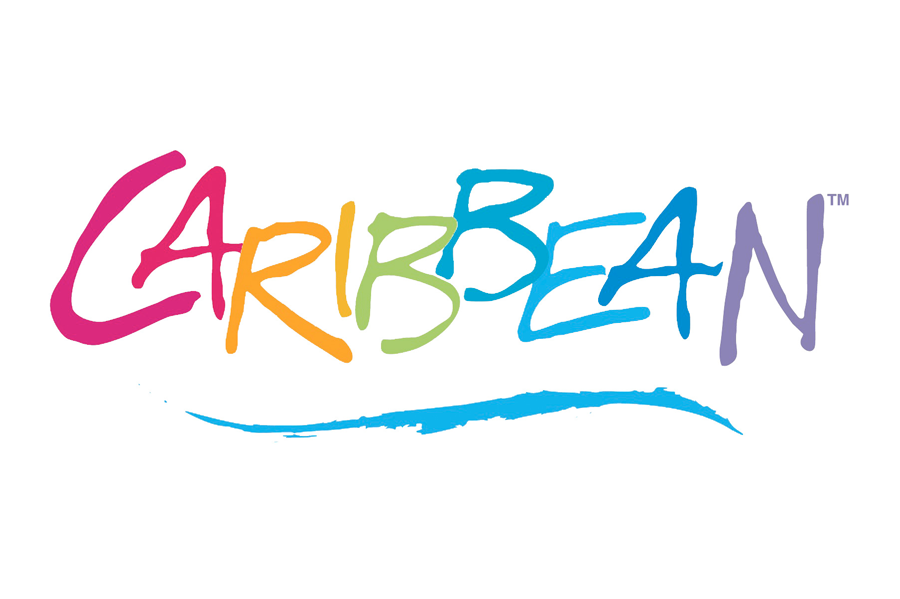
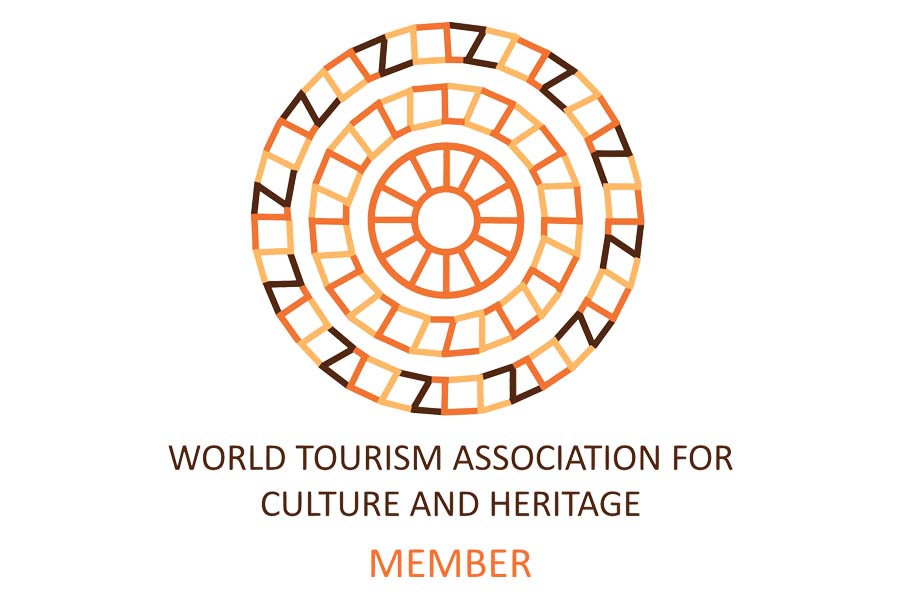
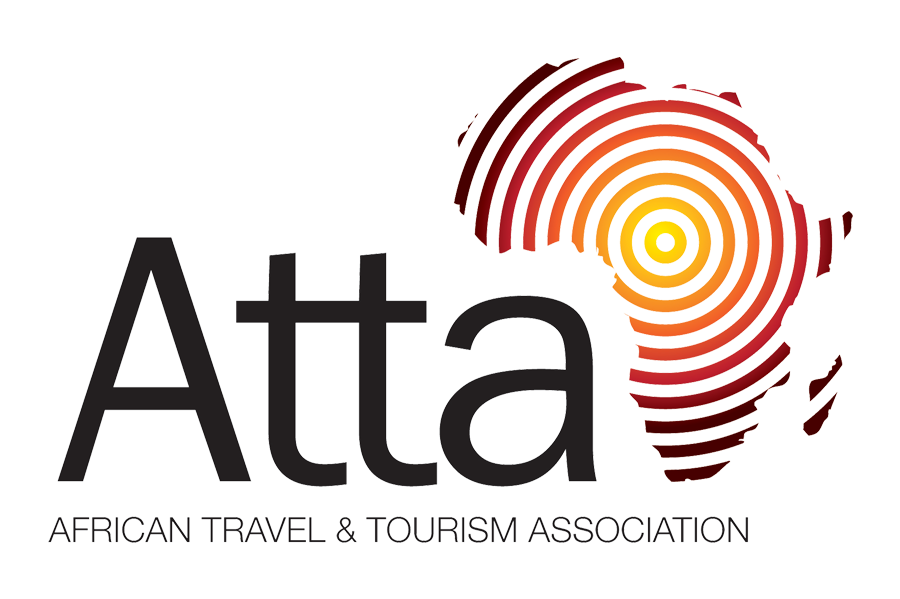

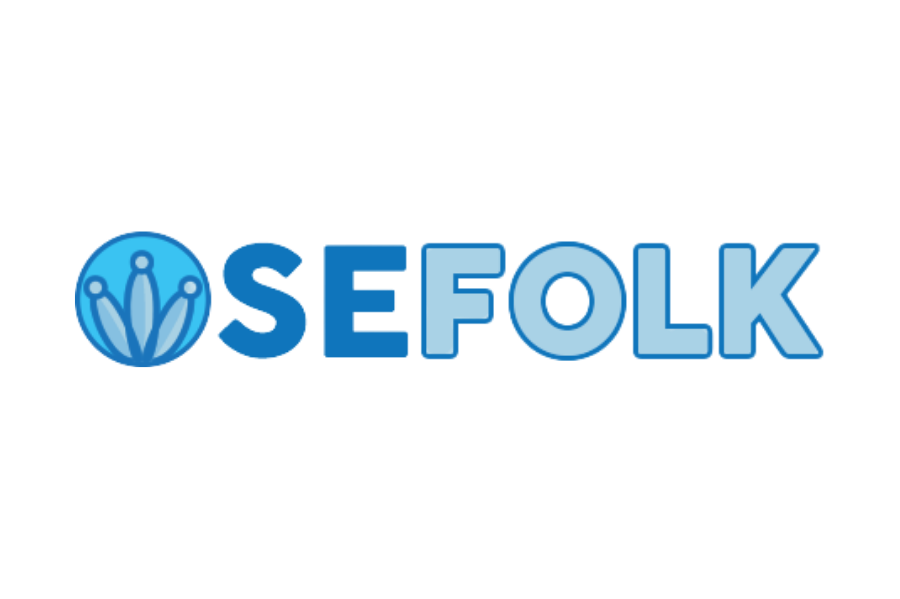
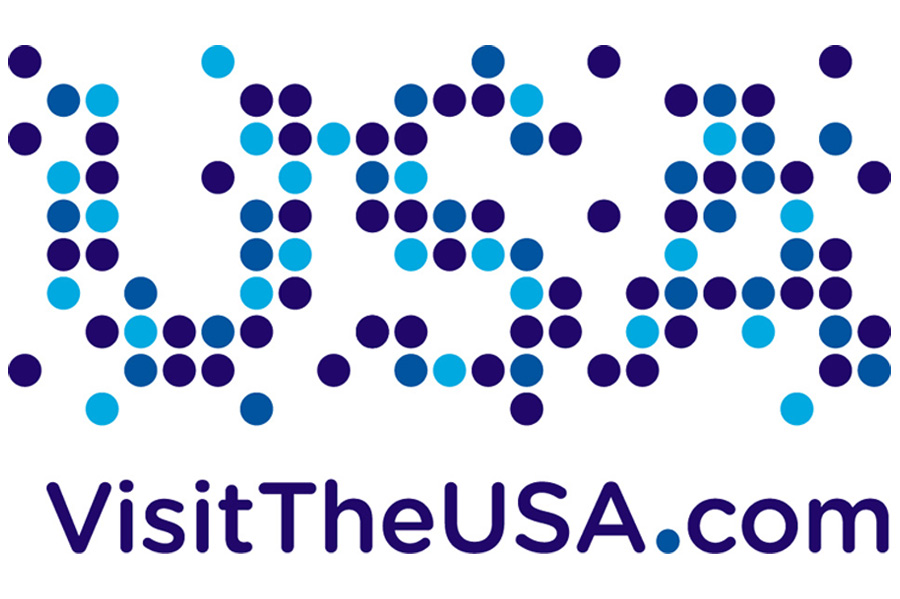
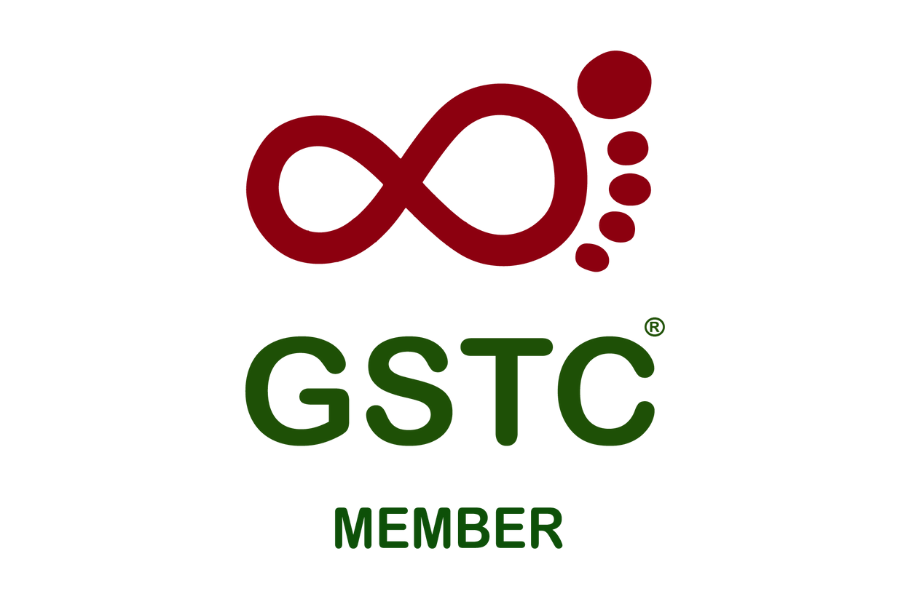

 by net effect
by net effect